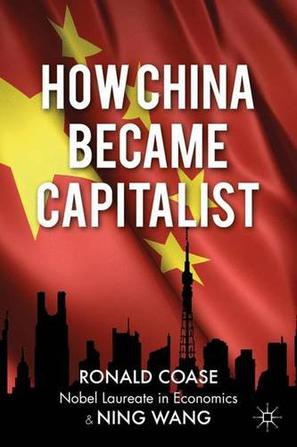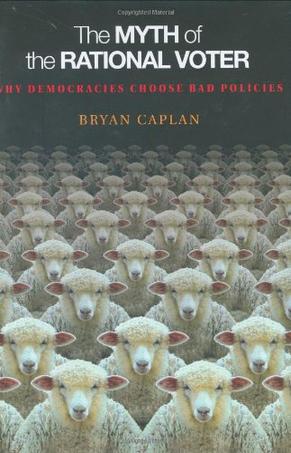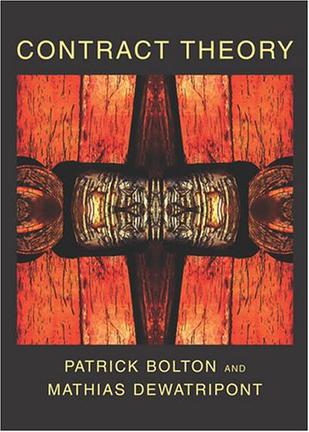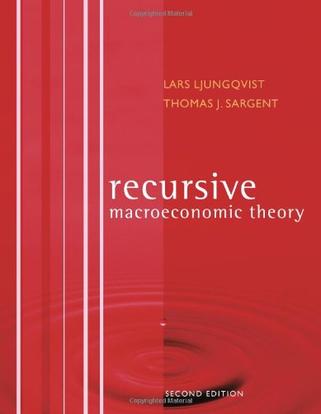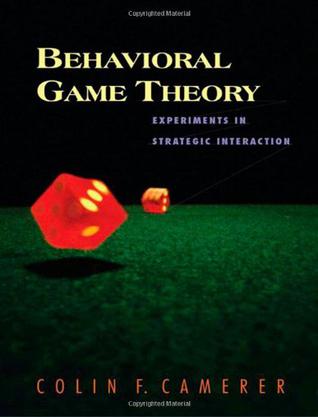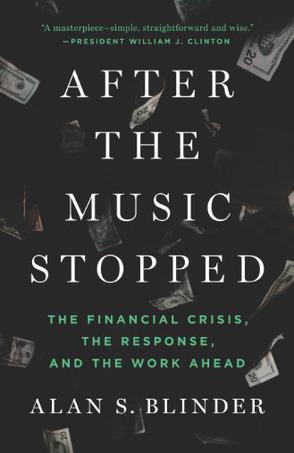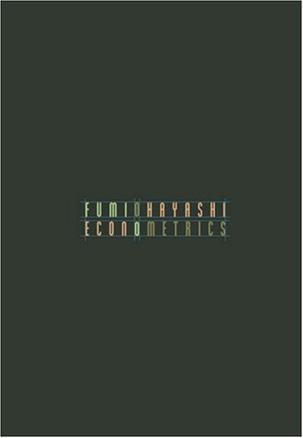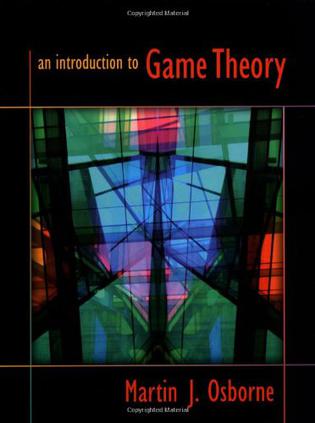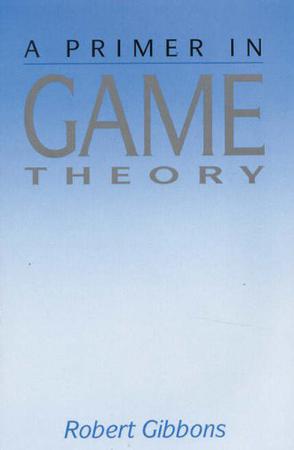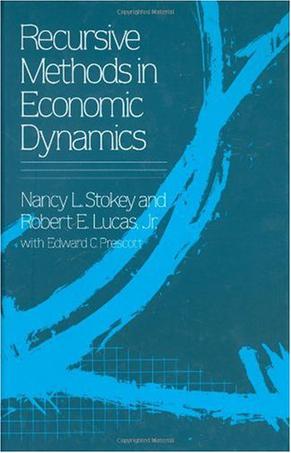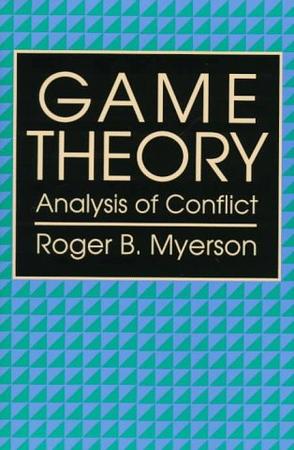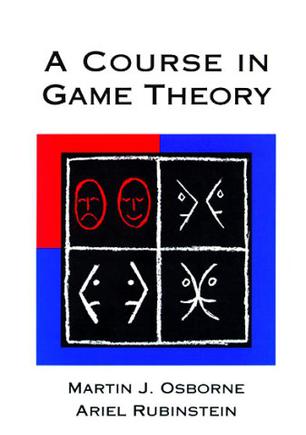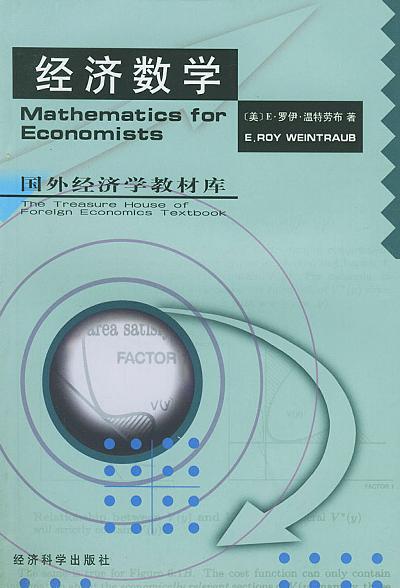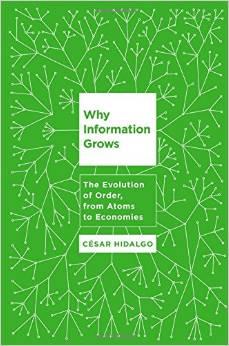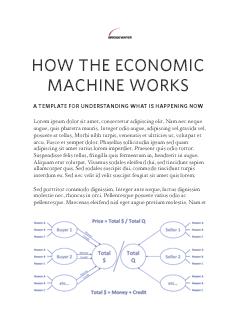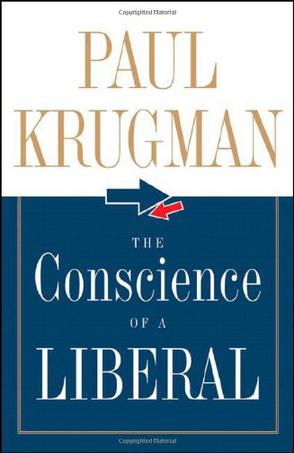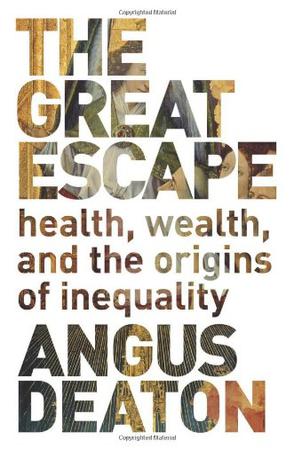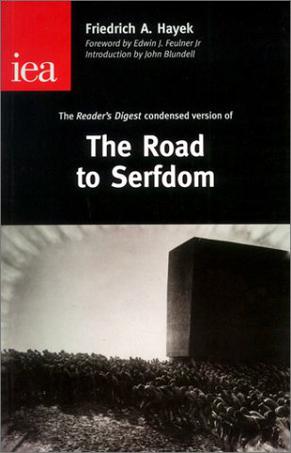欢迎来到相识电子书!
标签:economics
-
Factions and Finance in China
How does the Chinese banking sector really work? Nearly all financial institutions in China are managed by members of the Communist Party, yet economists and even those who engage the Chinese banking sector simply do not have a framework with which to analyze the links between banking and politics. Drawing from interviews, statistical analysis, and archival research, this book is the first to develop a framework with which to analyze how elite politics impact both monetary and banking policies. This book serves as an important reference point for all subsequent work on Chinese banking. -
How China Became Capitalist
This book examines the extraordinary events that led to China's transformation from a close agrarian socialist economy to becoming an invincible manufacturing powerhouse of the global economy. -
Contract Theory
Despite the vast research literature on topics relating to contract theory, only a few of the field's core ideas are covered in microeconomics textbooks. This long-awaited book fills the need for a comprehensive textbook on contract theory suitable for use at the graduate and advanced undergraduate levels. It covers the areas of agency theory, information economics, and organization theory, highlighting common themes and methodologies and presenting the main ideas in an accessible way. It also presents many applications in all areas of economics, especially labor economics, industrial organization, and corporate finance. The book emphasizes applications rather than general theorems while providing self-contained, intuitive treatment of the simple models analyzed. In this way, it can also serve as a reference for researchers interested in building contract-theoretic models in applied contexts.The book covers all the major topics in contract theory taught in most graduate courses. It begins by discussing such basic ideas in incentive and information theory as screening, signaling, and moral hazard. Subsequent sections treat multilateral contracting with private information or hidden actions, covering auction theory, bilateral trade under private information, and the theory of the internal organization of firms; long-term contracts with private information or hidden actions; and incomplete contracts, the theory of ownership and control, and contracting with externalities. Each chapter ends with a guide to the relevant literature. Exercises appear in a separate chapter at the end of the book. -
Recursive Macroeconomic Theory
Recursive methods offer a powerful approach for characterizing and solving complicated problems in dynamic macroeconomics. Recursive Macroeconomic Theory provides both an introduction to recursive methods and advanced material, mixing tools and sample applications. The second edition contains substantial revisions to about half the original material, and extensive additional coverage appears in seven chapters new to this edition. The updated and added material covers exciting new topics that further illustrate the power and pervasiveness of recursive methods.Significant improvements to original chapters include a better treatment of the existence of recursive equilibria, an enhanced account of the supermartingale convergence theorem, and an extended treatment of an optimal taxation problem in an economy in which there are incomplete markets. Completely new coverage in the second edition includes an introductory chapter, which gives an overview of the themes uniting the diverse topics treated throughout the book. Two new chapters offer a self-contained account of the optimal growth model and some of its basic applications in macroeconomics and public finance. Other new chapters cover such topics as how to formulate and compute Stackelberg or Ramsey plans in linear economies, sustainable risk-sharing equilibria without commitment, and the application of recursive contracts to topics in international trade. Most chapters conclude with exercises and the book includes two technical appendixes covering functional analysis and control and filtering. -
Behavioral Game Theory
Game theory, the formalized study of strategy, began in the 1940s by asking how emotionless geniuses should play games, but ignored until recently how average people with emotions and limited foresight actually play games. This book marks the first substantial and authoritative effort to close this gap. Colin Camerer, one of the field's leading figures, uses psychological principles and hundreds of experiments to develop mathematical theories of reciprocity, limited strategizing, and learning, which help predict what real people and companies do in strategic situations. Unifying a wealth of information from ongoing studies in strategic behavior, he takes the experimental science of behavioral economics a major step forward. He does so in lucid, friendly prose. Behavioral game theory has three ingredients that come clearly into focus in this book: mathematical theories of how moral obligation and vengeance affect the way people bargain and trust each other; a theory of how limits in the brain constrain the number of steps of 'I think he thinks...' reasoning people naturally do; and a theory of how people learn from experience to make better strategic decisions. Strategic interactions that can be explained by behavioral game theory include bargaining, games of bluffing as in sports and poker, strikes, how conventions help coordinate a joint activity, price competition and patent races, and building up reputations for trustworthiness or ruthlessness in business or life. While there are many books on standard game theory that address the way ideally rational actors operate, "Behavioral Game Theory" stands alone in blending experimental evidence and psychology in a mathematical theory of normal strategic behavior. It is must reading for anyone who seeks a more complete understanding of strategic thinking, from professional economists to scholars and students of economics, management studies, psychology, political science, anthropology, and biology. -
After the Music Stopped
One of our wisest and most clear-eyed economic thinkers offers a masterful narrative of the crisis and its lessons Many fine books on the financial crisis were first drafts of history—books written to fill the need for immediate understanding. Alan S. Blinder, esteemed Princeton professor, Wall Street Journal columnist, and former deputy chairman of the Federal Reserve Board, held off, taking the time to understand the crisis and to think his way through to a truly comprehensive and coherent narrative of how the worst economic crisis in postwar American history happened, what the government did to fight it, and what we can do from here—mired as we still are in its wreckage. With bracing clarity, Blinder shows us how the U.S. financial system, which had grown far too complex for its own good—and too unregulated for the public good—experienced a perfect storm beginning in 2007. Things started unraveling when the much-chronicled housing bubble burst, but the ensuing implosion of what Blinder calls the “bond bubble” was larger and more devastating. Some people think of the financial industry as a sideshow with little relevance to the real economy—where the jobs, factories, and shops are. But finance is more like the circulatory system of the economic body: if the blood stops flowing, the body goes into cardiac arrest. When America’s financial structure crumbled, the damage proved to be not only deep, but wide. It took the crisis for the world to discover, to its horror, just how truly interconnected—and fragile—the global financial system is. Some observers argue that large global forces were the major culprits of the crisis. Blinder disagrees, arguing that the problem started in the U.S. and was pushed abroad, as complex, opaque, and overrated investment products were exported to a hungry world, which was nearly poisoned by them. The second part of the story explains how American and international government intervention kept us from a total meltdown. Many of the U.S. government’s actions, particularly the Fed’s, were previously unimaginable. And to an amazing—and certainly misunderstood—extent, they worked. The worst did not happen. Blinder offers clear-eyed answers to the questions still before us, even if some of the choices ahead are as divisive as they are unavoidable. After the Music Stopped is an essential history that we cannot afford to forget, because one thing history teaches is that it will happen again. -
Econometrics
Hayashi's "Econometrics" promises to be the next great synthesis of modern econometrics. It introduces first year PhD students to standard graduate econometrics material from a modern perspective. It covers all the standard material necessary for understanding the principal techniques of econometrics from ordinary least squares through cointegration. The book is also distinctive in developing both time-series and cross-section analysis fully, giving the reader a unified framework for understanding and integrating results. "Econometrics" has many useful features and covers all the important topics in econometrics in a succinct manner. All the estimation techniques that could possibly be taught in a first-year graduate course, except maximum likelihood, are treated as special cases of GMM (generalized methods of moments). Maximum likelihood estimators for a variety of models (such as probit and tobit) are collected in a separate chapter. This arrangement enables students to learn various estimation techniques in an efficient manner. Eight of the ten chapters include a serious empirical application drawn from labor economics, industrial organization, domestic and international finance, and macroeconomics. These empirical exercises at the end of each chapter provide students a hands-on experience applying the techniques covered in the chapter. The exposition is rigorous yet accessible to students who have a working knowledge of very basic linear algebra and probability theory. All the results are stated as propositions, so that students can see the points of the discussion and also the conditions under which those results hold. Most propositions are proved in the text. For those who intend to write a thesis on applied topics, the empirical applications of the book are a good way to learn how to conduct empirical research. For the theoretically inclined, the no-compromise treatment of the basic techniques is a good preparation for more advanced theory courses. -
An Introduction to Game Theory
An exposition of modern game theory suitable for advanced undergraduates. The book emphasizes the ideas behind the theory rather than their mathematical expression, but defines all concepts precisely. It covers strategic, extensive and coalitional games and includes the topics of repeated games, bargaining theory and evolutionary equilibrium. -
A Primer in Game Theory
Game theory has revolutionized economics research and teaching during the past two decades. There are few undergraduate or graduate courses in which it does not form a core component. Game theory is the study of multi-decision problems and such problems occur frequently in economics. Industrial organization provides many examples where firms must consider the reactions of others. But there are many other areas in which it is applicable - from individual workers vying for promotion to countries competing or colluding to choose trade policies. Bob Gibbons provides an introduction to the branches of game theory that have been widely applied in economics. He emphasizes the applications as much as the pure theory. This not only helps to teach the theory, but also illustrates the process of model building - the process of translating an informal description of a multi-person decision situation into a formal, game theoretic problem to be analyzed. The approach aims to serve as both an introduction to those who will go on to specialize as pure game-theorists. It also introduces game theory to those who will later construct (or at least use) game-theoretic models in applied fields of economics. -
Recursive Methods in Economic Dynamics
This rigorous but brilliantly lucid book presents a self-contained treatment of modern economic dynamics. Stokey, Lucas, and Prescott develop the basic methods of recursive analysis and illustrate the many areas where they can usefully be applied. After presenting an overview of the recursive approach, the authors develop economic applications for deterministic dynamic programming and the stability theory of first-order difference equations. They then treat stochastic dynamic programming and the convergence theory of discrete-time Markov processes, illustrating each with additional economic applications. They also derive a strong law of large numbers for Markov processes. Finally, they present the two fundamental theorems of welfare economics and show how to apply the methods developed earlier to general equilibrium systems. The authors go on to apply their methods to many areas of economics. Models of firm and industry investment, household consumption behavior, long-run growth, capital accumulation, job search, job matching, inventory behavior, asset pricing, and money demand are among those they use to show how predictions can he made about individual and social behavior. Researchers and graduate students in economic theory will find this book essential. -
Game Theory
Product Description Eminently suited to classroom use as well as individual study, Roger Myerson's introductory text provides a clear and thorough examination of the models, solution concepts, results, and methodological principles of noncooperative and cooperative game theory. Myerson introduces, clarifies, and synthesizes the extraordinary advances made in the subject over the past fifteen years, presents an overview of decision theory, and comprehensively reviews the development of the fundamental models: games in extensive form and strategic form, and Bayesian games with incomplete information. Game Theory will be useful for students at the graduate level in economics, political science, operations research, and applied mathematics. Everyone who uses game theory in research will find this book essential. -
A Course in Game Theory
A Course in Game Theory presents the main ideas of game theory at a level suitable for graduate students and advanced undergraduates, emphasizing the theory's foundations and interpretations of its basic concepts. The authors provide precise definitions and full proofs of results, sacrificing generalities and limiting the scope of the material in order to do so. The text is organized in four parts: strategic games, extensive games with perfect information, extensive games with imperfect information, and coalitional games. It includes over 100 exercises. -
A Course in Game Theory
A Course in Game Theory presents the main ideas of game theory at a level suitable for graduate students and advanced undergraduates, emphasizing the theory's foundations and interpretations of its basic concepts. The authors provide precise definitions and full proofs of results, sacrificing generalities and limiting the scope of the material in order to do so. The text is organized in four parts: strategic games, extensive games with perfect information, extensive games with imperfect information, and coalitional games. It includes over 100 exercises. -
Why Information Grows: The Evolution of Order, from Atoms to Economies
What is economic growth? And why, historically, has it occurred in only a few places? Previous efforts to answer these questions have focused on institutions, geography, finances, and psychology. But according to MIT's antidisciplinarian César Hidalgo, understanding the nature of economic growth demands transcending the social sciences and including the natural sciences of information, networks, and complexity. To understand the growth of economies, Hidalgo argues, we first need to understand the growth of order -
The Conscience of a Liberal
What has gone wrong with America? With The Conscience of a Liberal, best-selling author Paul Krugman points the way to a new New Deal. America emerged from Franklin Roosevelt's New Deal with strong democratic values and broadly shared prosperity. But for the past thirty years American politics has been dominated by a conservative movement determined to undermine the New Deal's achievements - a movement whose founding manifesto was Barry Goldwater's The Conscience of a Conservative. That movement has been highly successful in turning the clock back: both the inequality of today's America and the corruption of its political life hark back to the age of the robber barons. Now the tide may be turning - and in The Conscience of a Liberal Paul Krugman, the world's most widely read economist and one of its most influential political commentators, charts the way to reform. Krugman ranges over a century of history, from the political economy of the Gilded Age - which seems all too familiar these days - to the calamities of the Bush years, which he argues were inevitable once movement conservatives gained full control of the U.S. government. He shows that neither the middle-class America the baby boomers grew up in nor the increasingly oligarchic nation we have become over the past generation evolved naturally: both were created, to a large extent, by government policies guided by organized political movements. He explains how defenders of inequality have exploited cultural and racial divisions to their advantage, while reformers have found ways to bridge those divisions. And he argues that the time is ripe for another great era of reform. Last but not least, The Conscience of a Liberal outlines a program for change. It shows how universal health care can be the centerpiece of a new New Deal, just as Social Security was the core of the original. It explains what can be done to narrow the wealth and income gap. And it shows how a new political coalition can both support and be supported by reform, making our society not just more equal but more democratic. -
The Great Escape
The world is a better place than it used to be. People are wealthier and healthier, and live longer lives. Yet the escapes from destitution by so many have left gaping inequalities between people and between nations. In The Great Escape, Angus Deaton--one of the foremost experts on economic development and on poverty--tells the remarkable story of how, starting 250 years ago, some parts of the world began to experience sustained progress, opening up gaps and setting the stage for today's hugely unequal world. Deaton takes an in-depth look at the historical and ongoing patterns behind the health and wealth of nations, and he addresses what needs to be done to help those left behind. Deaton describes vast innovations and wrenching setbacks: the successes of antibiotics, pest control, vaccinations, and clean water on the one hand, and disastrous famines and the HIV/AIDS epidemic on the other. He examines the United States, a nation that has prospered but is today experiencing slower growth and increasing inequality. He also considers how economic growth in India and China has improved the lives of more than a billion people. Deaton argues that international aid has been ineffective and even harmful. He suggests alternative efforts--including reforming incentives to drug companies and lifting trade restrictions--that will allow the developing world to bring about its own Great Escape. Demonstrating how changes in health and living standards have transformed our lives, The Great Escape is a powerful guide to addressing the well-being of all nations. Endorsement: "There is nobody better than Angus Deaton to explain why our lives are longer, healthier, and more prosperous than those of our great-grandparents. The story he tells is much more than an inexorable march of progress--it has also been unequal, uneven, and incomplete, and at each step, politics has played a defining role. This is a must-read for anybody interested in the wealth and health of nations."--Daron Acemoglu, coauthor of Why Nations Fail "At once engaging and compassionate, this is an uplifting story by a major scholar."--Paul Collier, author of The Bottom Billion "Magisterial and superb."--William Easterly, author of The White Man's Burden "The Great Escape tells the two biggest stories in history: how humanity got healthy and wealthy, and why some people got so much healthier and wealthier than others. Angus Deaton, one of the world's leading development economists, takes us on an extraordinary journey--from an age when almost everyone was poor and sick to one where most people have escaped these evils--and he tells us how the billion still trapped in extreme poverty can join in this great escape. Everyone who wants to understand the twenty-first century should read this book."--Ian Morris, author of Why the West Rules--for Now "Deaton's account of global advances in health is magisterial. It is especially convincing in disentangling economic progress from technological growth as sources of health improvements. A very big story, this book should affect the way we think about human development and the role of science and science-based government programs. The language is modest and graceful, the use of evidence compelling, and the illustrations highly attractive."--Samuel Preston, University of Pennsylvania -
The Road to Serfdom
In the last years of World War II, Friedrich Hayek wrote The Road to Serfdom. He warned the allies that policy proposals which were being canvassed for the post-war world ran the risk of destroying the very freedom for which they were fighting. On the basis of 'as in war, so in peace', economists and others were arguing that the government should plan all economic activity. Such planning, Hayek argued, would be incompatible with liberty, and had been at the very heart of the movements that had established both communism and Nazism. On its publication in 1944, the book caused a sensation. Neither its British nor its American publisher could keep up with demand, owing to wartime paper rationing. Then, in 1945, Reader's Digest published The Road to Serfdom as the condensed book in its April edition. For the first and still the only time, the condensed book was placed at the front of the magazine instead of the back. Hayek found himself a celebrity, addressing a mass market. The condensed edition was republished for the first time by the IEA in 1999 and has been reissued to meet the continuing demand for its enduringly relevant and accessible message.
热门标签
下载排行榜
- 1 梦的解析:最佳译本
- 2 李鸿章全传
- 3 淡定的智慧
- 4 心理操控术
- 5 哈佛口才课
- 6 俗世奇人
- 7 日瓦戈医生
- 8 笑死你的逻辑学
- 9 历史老师没教过的历史
- 10 1分钟和陌生人成为朋友


